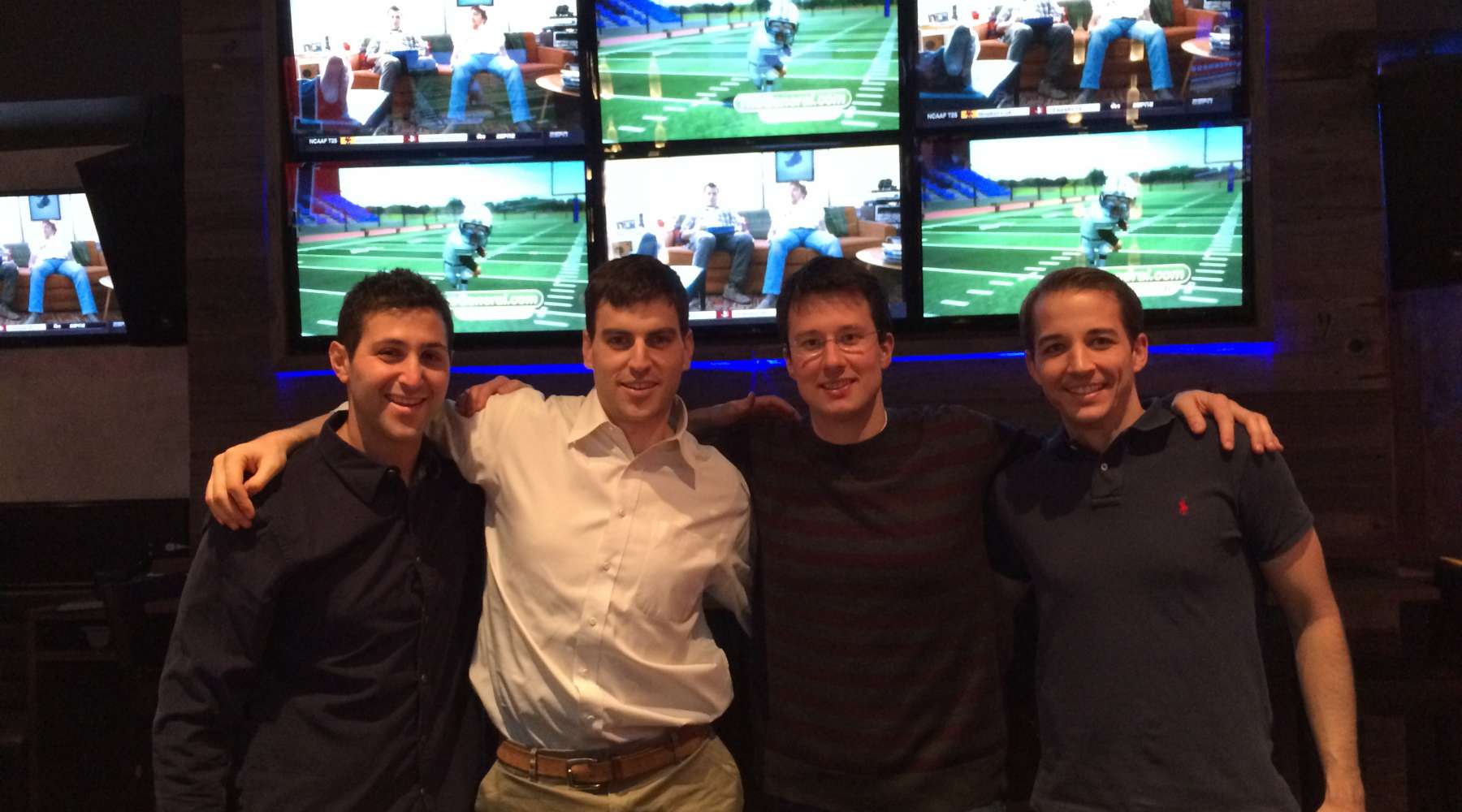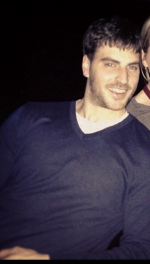
 By Eric Giles T'16
By Eric Giles T'16
Eric is a career switcher who transitioned from an education nonprofit—Teach For America—to the health care sector. He hopes to expand health access to all populations.
Earlier this year, three classmates and I beat top business schools from across the Northeast to win General Electric’s 2014 Regional Case Competition. While our victory was a very proud moment, what stood out the most during the experience was how our leadership and interpersonal skills were key to our victory. We learn so many important business concepts in our curriculum—corporate finance, decision science, macroeconomics, etc.—but this experienced proved to me that Tuck’s cultivation of leadership is what gives Tuckies the competitive edge.
Our case team had two weeks to create two “industrial internet” products and develop a business model around those concepts. If you are reading this and are not familiar with the term “industrial internet,” don’t worry, we didn’t know what it meant either. Our team had worked previously in schools, the Navy, Barclays, and a customizable ping pong paddle startup, and none of us had any idea of where to even start designing an industrial product. Rather than view our lack of experience as a weakness, we relished and leveraged our unique backgrounds to develop two highly innovative and impactful products. At Tuck, we learn to understand the strengths others bring and use those to create value. Using that skill propelled our products to be the most innovative at the competition.
Leadership extends beyond good teamwork. We were also tremendous listeners (the most underrated leadership skill, in my opinion). While we certainly listened to each other internally to understand our perspectives, we listened to GE closely. We spent more time than our competition working to understand how GE evaluates their projects and we consciously molded every element of our presentation around GE’s ideal. As one judge put it, our team “checked every box” in our product and business design, elevating our presentation above the competition. Tuck is a close knit community and we have to develop skills in listening and empathy to thrive. This competition was a prime example of how those skills translate to success in the business arena.
Understanding how to calculate the weighted average cost of capital and the forces that move exchange rates are critical to our success as business leaders. However, the “soft skills” ultimately determine our ability to use the "hard skills" to create value. It takes years to develop the ability to deeply understand others' perspectives, invest people around an idea, and manage a group of diverse individuals to execute in unison. I feel lucky to be at Tuck where I will intensely cultivate and practice these skills for two years. Like no other school, Tuck’s students, faculty, and staff challenge me each and every day to grow as a leader, and that is what will ultimately make all the difference.
(Photo above of Tuck GE team: From left, Cooper Fallek T'16, Eric Giles T'16, Chris Hogan T'16, and Bradley Webb T'16.)